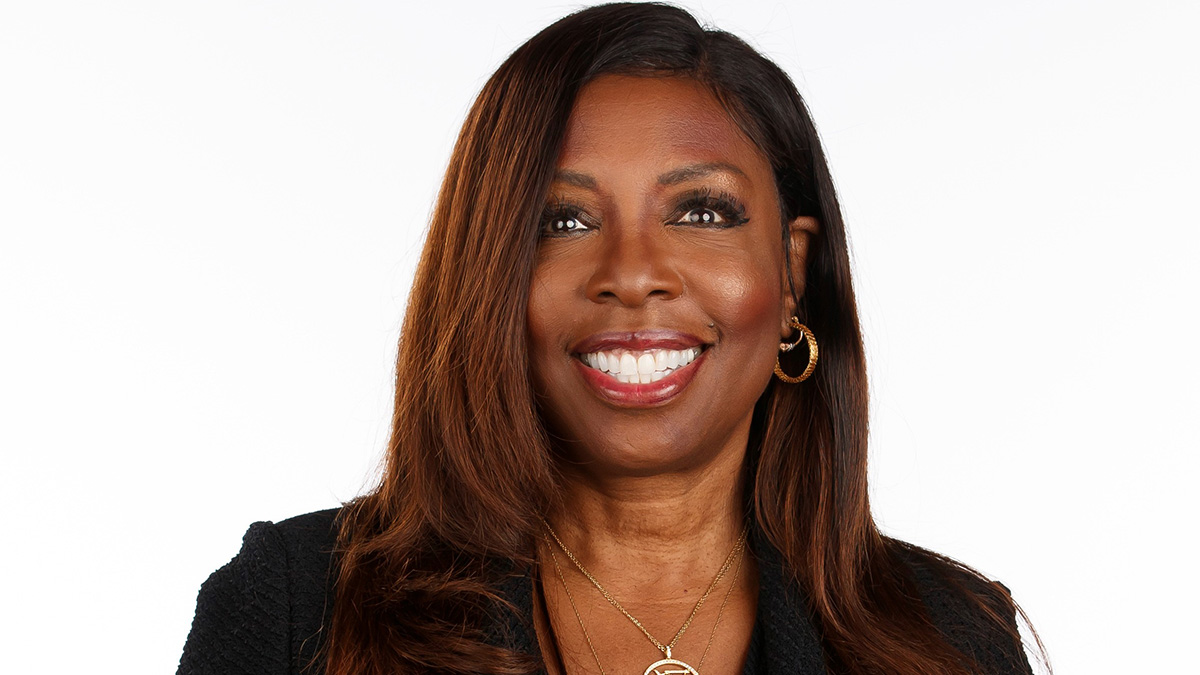Daphne E. Jones is not only a globally renowned digital technologies strategist who has played a vital role in the success of several leading companies, but she has recently authored one of the most empowering books printed in recent years. Get to know the author of the critical acclaimed book, “Win When They Say You Won’t.”
Your inspiring book, “Win When They Say You Won’t,” has been well-received by professionals and entrepreneurs alike. With all your successes, what was the inspiration behind it?
I was told, “Black girls like you don’t make it in college or in business”. I was told to become a secretary instead. After a horrible performance as a secretary, I realized that I should not ‘BE’ a secretary, but rather I should ‘HAVE’ a secretary.
I went to college, earned a BA, and MBA, 2 years early. I then joined IBM.
Many females are given words of misdirection like I was; those words stay with us & can be paralyzing. My book helps readers learn how to WIN continually, in spite of challenges.
Whenever anyone dares to do something different, they face a lot skepticism from people close to them. Have you ever experienced this? If so, how did you overcome it?
Yes–even as I was writing my book, there were naysayers in my family. Sometimes you have to look at folks as either supporters or detractors. And then determine how much influence they should have in your life. I took in the meat of my supporters and spit out the bones of my detractors.
I wanted my vision bad enough to pay the price to get it. Working weekends? Jumping off the career glass cliff? If the victory is greater than the sacrifice, then you can look at those naysayers as nothing more than a distraction, because you’re focused on your goal, not on them.
You are known for your disruptive digital strategies. What does that mean to you and why is it a good thing?
Digital apps enable us to make reservations for a flight, or technology helps save our lives. When companies embrace digital technologies to solve problems, they can make decisions faster, and get outcomes sooner than ever before. I help companies use digital technology to see opportunities in the market, to seize them before competitors do, and scale to go further and faster to WIN in the market. This helps companies do more, better, faster, cheaper for customers, which result in greater customer satisfaction and loyalty. Part of my purpose.
STEM is often a white male dominated field yet you have risen to top nonetheless, what has been the crucial to your achievement?
Believing mindset, Sun Tzu said that “A victorious warrior wins first (in the mind) and then goes into battle. But a losing warrior is one who goes to battle and hopes to win.” Victory should be in my mind first, because my thoughts drive actions, and actions drive results.
Stakeholders, I especially needed stakeholders who didn’t look like me to serve as mentors to help me WIN in an industry where not many looked like me.
Persevere, find a way to win—Don’t ever quit.
Throughout your career, you have set a great example for all to follow, especially young Black girls. Do you see your book as a means of paying it forward?
I believe that in life there are 3 phases – learn all you can– gather as much intellectual & experiential capital as you can. earn all you can—trade your intellect and experience for financial capital and return all you can– when you have enough money to retire, then you give back to society what we learned and what we earned to help others.
Yes, my book is my way of returning to young girls—to inspire, inform, empower & instruct them on how to win.
It takes a great deal of determination and discipline to have accomplished so much and such a short amount of time. How did your childhood prepare for the challenges lying in wait?
Education: Early life was filled with reading, math exercises in math (ie “go out to the alley, Daphne and bring back 2 +3 rocks”). As a result I skipped first grade.
Racism: I learned about racist enemies, when I was beaten up by a gang of white boys in a town while visiting a white class mate. I was 9-years-old.
Public performance: As a young pianist/accordionist, I was often recruited to be church organist. I recited Easter poetry, or was in Christmas plays.
Lastly, do you have any advice you would like to offer aspiring executives in STEM?
Understand – STEM is about creating outcomes that help people, business & communities. Technology is not for technology’s sake but is a means to an end. Always understand ‘what does success look like’ when you seek to go into any program. Know what you need to do to win.
Use – EDIT framework to get your win. (E)nvision your goal. (D)esign a plan that contains your activities & timing. (I)terate on your plan, taking in feedback from your marketplace (your boss, customers, team, and family) to adjust whatever part of your plan isn’t working, and then you will (T)ransform into your goal.






